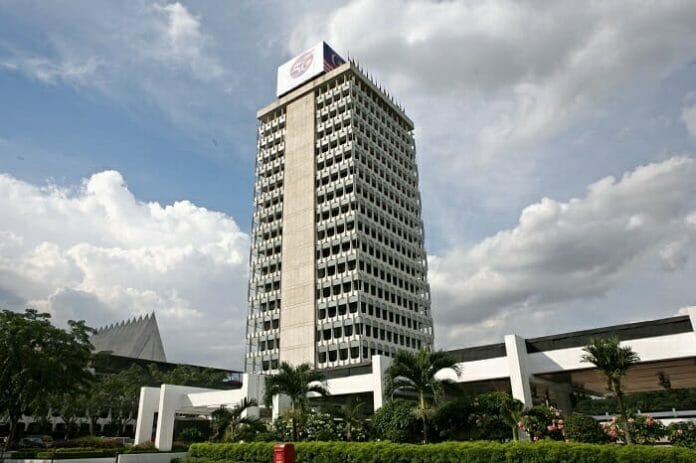The Ministry of Communications has reported significant progress in the implementation of the National Digital Network Plan (Jendela), aimed at enhancing broadband networks across Malaysia. As of the fourth quarter of last year, 2,338 new telecommunication towers out of the planned 3,884 have been completed and are operational, marking a substantial step forward in the nationwide initiative.
In addition to the telecommunication towers, the ministry has upgraded 39,979 transmitting stations out of the planned 40,214, further bolstering the broadband infrastructure. Moreover, 3.31 million premises have been equipped with fiber optic networks, out of the planned 4.19 million, improving connectivity for millions of Malaysians.
“The rest of all planned initiatives are expected to be completed and operational in stages by the end of 2025,” according to the ministry in a written reply posted on the Parliament’s website today.
It was in reply to a question by Datuk Zulkafperi Hanapi (PN-Tanjong Karang) about the latest results of the government’s plans to expand the broadband network throughout the country.
Responding to inquiries regarding the progress of the broadband network expansion, the ministry affirmed that the remaining initiatives are on track for completion and operationalisation by the end of 2025. This commitment underscores the government’s dedication to ensuring widespread access to high-speed internet connectivity across the nation.
Furthermore, the implementation of the Point of Presence (PoP) fiber optic hub method has been instrumental in advancing broadband coverage. To date, 653 PoPs out of 677 for Phase One and 294 PoPs out of 3,693 for Phase Two have been successfully completed nationwide as of February 15th, demonstrating steady progress in expanding broadband accessibility.
The comprehensive efforts under the Jendela plan signify a proactive approach by the Malaysian government to address the growing demand for reliable and high-speed internet services. By leveraging innovative technologies and strategic infrastructure development, Malaysia is poised to enhance its digital capabilities and propel economic growth in the digital age.









